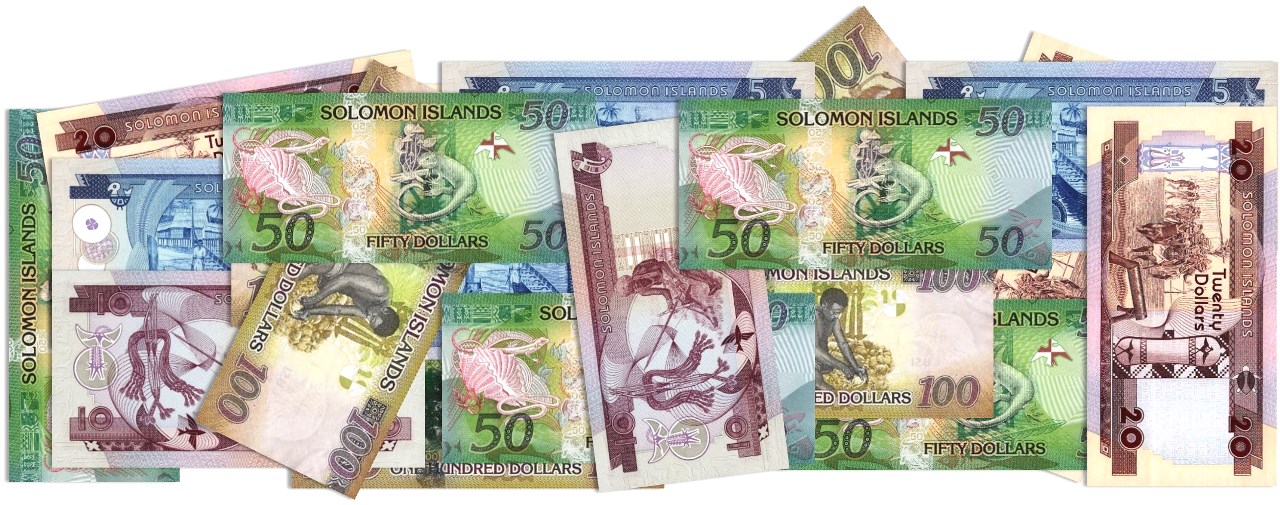
Why we must treat and handle our banknotes with Great care.
By CBSI Media
Article No. : 16/2020
Although reports claimed to assure the public that banknotes or cash does not pose a high risk to contracting the COVID-19 virus, we still have a responsibility to make sure our banknotes are handled with great care, not only to limit any risk of contracting the virus but to ensure our banknotes can last their life-span or even for a long time.
By being responsible, simply means, taking heed of all health measures like washing of hands with soap and hand sanitizers. Do also avoid coughing directly to surfaces of banknotes. This if taken seriously would have a positive impact to our banknotes.
When banknotes are kept properly in a wallet or a purse to avoid dirt or getting torn, they can last for a long time and may also have a lower risk of contracting the virus if all cash or banknote users have clean, washed and sanitized hands.
Last year in 2019 the number of banknotes destroyed amounted to a total of $114,844,000.00.
A monthly average of $13 million of soiled notes destroyed and an average of $95 million annually. Past CBSI annual reports highlighted total amount of notes destroyed each year as shown on the chart below.
|
Year |
Total Destroyed |
Comment |
|
2017 |
$99,898,500.00 |
Annual |
|
2018 |
$73,725,000.00 |
Annual |
|
2019 |
$114,844,000.00 |
Annual |
Given the figures in the table above where notes destroyed are quite high though fluctuate, plausibly given the humidity of our local environment, we’re susceptible to soiling our notes very early due to wear and tear.
The rising volumes of notes destroyed each month and year puts added financial pressure on the government’s limited resources to replenish stocks as demands for ATM FIT and new notes keeps rising.
According to CM/CBPD, Central Bank of Solomon Islands, the key to assist our banknotes to reach or exceed their lifespan would very much depends on individual behavioral attitudes towards our national asset (SI Currency notes & coins). The current trend of mistreating or mishandling banknotes and coins, simply contributed to shortening their life span.
“The more notes being destroyed will result to high replacement rate. And as long as this behavior keeps on going, the government will have to continue to raise external funds to continuously replace the aging and dirty currency notes,” CM/CBPD stressed.
“People have yet to fully aware and appreciate these simple guidelines and rules on the best practices to look after our bank notes. Various observations have shown lack of knowledge of proper cash handling especially by market vendors, and public transport crews and conductors,” he added.
At this time of pandemic, it is equally important to take personally responsibility when handling banknotes. Ensure hands are wiped clean and dried before touching a banknote. We all have a part to play to ensure our banknotes are safe to use and is still in good condition to be used in a long period of time.
The End//
Article Contributors:
Joe Vasuni (Chief Manager, Currency Banking & Payments Department, CBSI)
John Naamana ( Acting Manager, Currency Banking & Payments Department, CBSI)
Enoch Ilisia ( Supervisor, Currency Banking & Payments Department, CBSI)

